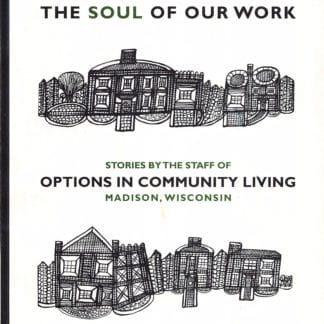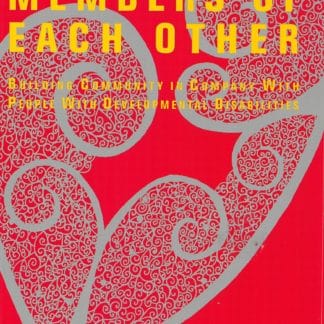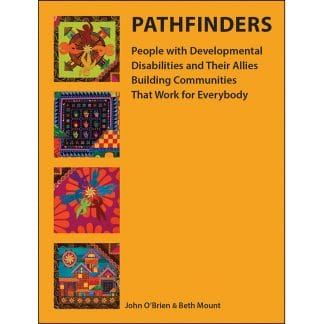Individualized Supports for Georgians With Severe Disabilities
Prepared for The Georgia Governor’s Council on Developmental Disabilities
Connie Lyle O’Brien
July 1992
Summary
This study examines Georgia’s long term support services from the point of view of the achievements and aspirations of eleven people with severe disabilities and their families and friends. Their situation underlines the need for systematic redesign of the present system, which is currently dominated by public investment in nursing home beds.
Georgia nursing home operators consider four of these people’s needs to be impossible for them to meet because they use ventilators to breath.• This leaves them with the apparent choice of living in a hospital at great public expense or living in a facility out of state. The other seven people could or do live in one of Georgia’s nursing homes or institutions, but would not choose to do so unless they have no alternative.
A combination of personal and family resources, vigorous and skillful advocacy, and imaginative individualized service development now provides seven of these people with support to live in a way that increases their personal autonomy and supports them to participate in community life. This includes three of the four people the system has found impossible to place and plans for the fourth person’s move to her own home are underway.
Each of these pioneering individualized support systems is vulnerable because Georgia’s long term care system is dominated by policies and patterns of expenditure which assume that nursing homes are the necessary, desirable, and exclusive response to severely disabled people whose families and friends are unable to provide most of the assistance they need. The eleven people whose experiences inform this study challenge this assumption: none of them wants to live in a nursing home and none of them needs to live in a nursing home as long as the system does not deprive them of the specific assistance they need to live as they choose.
In challenging nursing homes as the exclusive providers of publicly funded, intensive long term care, these eleven people join their voices with those of thousands of other people with disabilities. Such diverse groups as Disabled Persons International, the American Association of Retired Persons, ADA.Pl’, and the Consortium for Citizens with Disabilities {a coalition of 70 national advocacy groups) now advocate for much greater public investment in individualized support.



